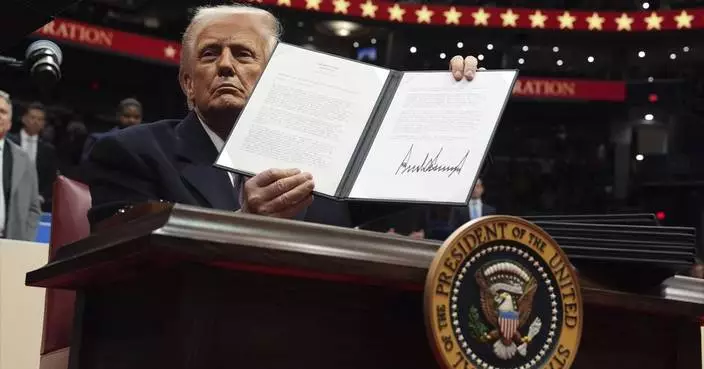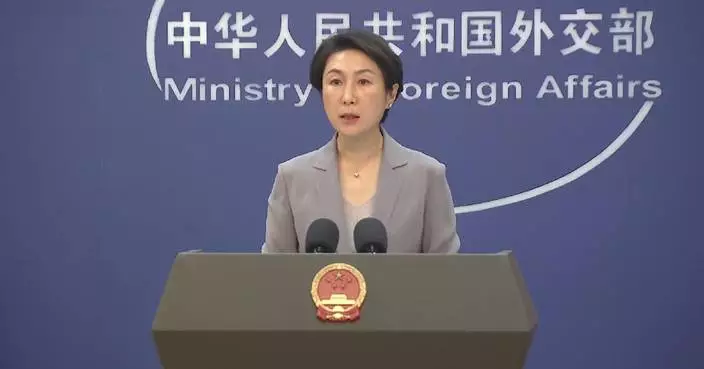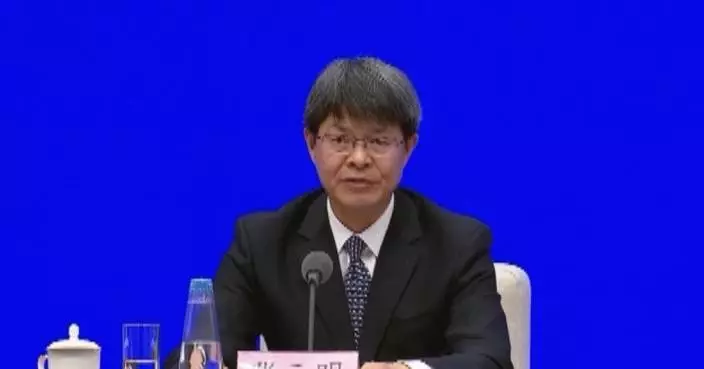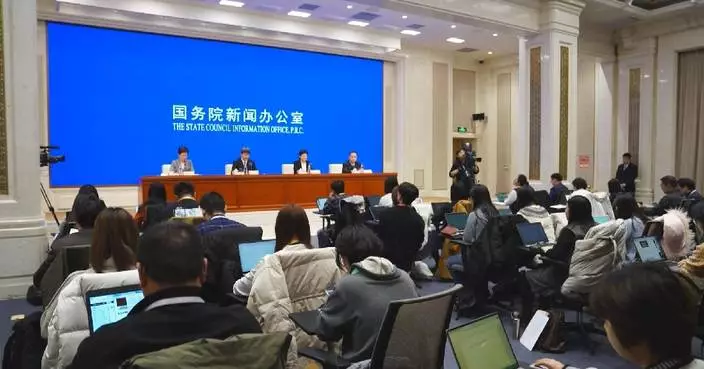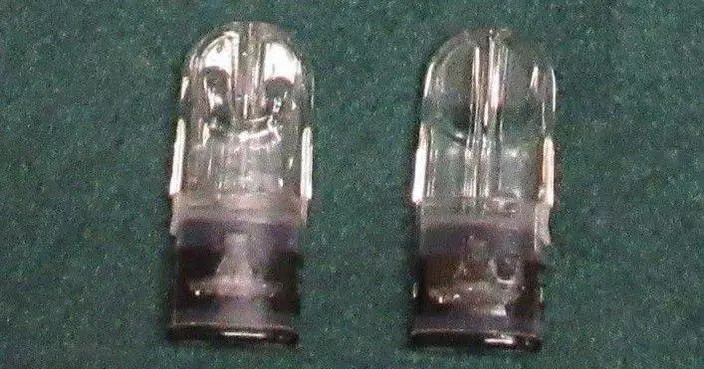Matt Corey, a Connecticut entrepreneur who unsuccessfully ran for the U.S. House and Senate in the past, won the Republican nomination Tuesday to take on Democratic U.S. Sen. Chris Murphy again, saying he believes voters are more receptive to his message.
Corey, whose victory in the primary came against Gerry Smith, the top elected official in the small town of Beacon Falls, said voters are fed up with high energy costs, inflation and job losses.
“It’s just affordability, job opportunities. It’s pretty much similar to what I ran last time,” he said in a phone interview. “And all the policies that are coming out of Washington and what Sen. Murphy is embracing, it’s not going to move Connecticut forward or any of these businesses forward.”
Corey, who bills himself as “the fighter (former President) Donald Trump needs by his side,” on his campaign signs, credited his win to hard work and strong volunteer support. Smith received the party’s endorsement at the state convention in May, but Corey got enough delegate support to run in the primary.
In a nighttime post on the social platform X, Corey thanked Connecticut Republicans and added: “I am deeply honored by the trust you have placed on me.”
Connecticut voters have not elected a Republican to the Senate since the late Lowell P. Weicker in 1982.
Murphy has a huge fundraising advantage: As of June 30, he had $9.7 million in cash on hand for the general election, according to federal election records, compared with $32,000 for Corey as of July 24.
But Corey was dismissive of the senator's large war chest.
“Nine million dollars doesn’t make you a great representation of Connecticut. It just hides your policies better,” said Corey, who called on Murphy to defend those policies in a debate.
Corey served in the Navy from 1982 to 1987 and was deployed to Beruit in 1983. A small businessman, he owned a window cleaning business for high-rise buildings in the state for more than 30 years. He also owned a pub in Hartford and now owns and operates a pub at a golf course in East Hartford.
Corey also ran three times and lost in the Hartford area’s heavily Democratic 1st Congressional District and waged an unsuccessful state Senate campaign in 2020.
The primary came as candidates in the state’s most competitive congressional race were already set: a rematch between Rep. Jahana Hayes, a Democrat seeking a fourth term, and Republican George Logan, a former state senator.
Logan, who lost to Hayes in 2022 by about 2,000 votes from a quarter of a million cast, was nominated by party leaders and didn’t need to compete in a primary this year.
Also Tuesday, Dr. Michael Goldstein, an ophthalmologist and lawyer, won the Republican nomination in Connecticut’s 4th Congressional District.
Goldstein, who is from Greenwich and lost a primary in the same district two years ago, defeated Bob MacGuffie, a leader in the state’s tea party movement.
Goldstein will now challenge Democratic U.S. Rep. Jim Himes, who is seeking his ninth term, in November.
Goldstein says he will use his background as a physician to help reduce medical costs. He has also pledged to better secure the border, restore energy independence, improve the economy, protect parental rights and fight antisemitism.

A sign for Matt Corey, a Republican candidate for U.S. Senate, greets GOP primary voters on Tuesday, Aug. 13, 2024, at the entrance of a polling place being held at the Norwich Worship Center in Norwich, Conn. (AP Photo/Susan Haigh)

Signs for Matt Corey, a Republican candidate for U.S. Senate, stand posted outside the Sayles School in Sprague, Conn., Tuesday, Aug. 13, 2024, for a statewide primary. (AP Photo/Susan Haigh)













